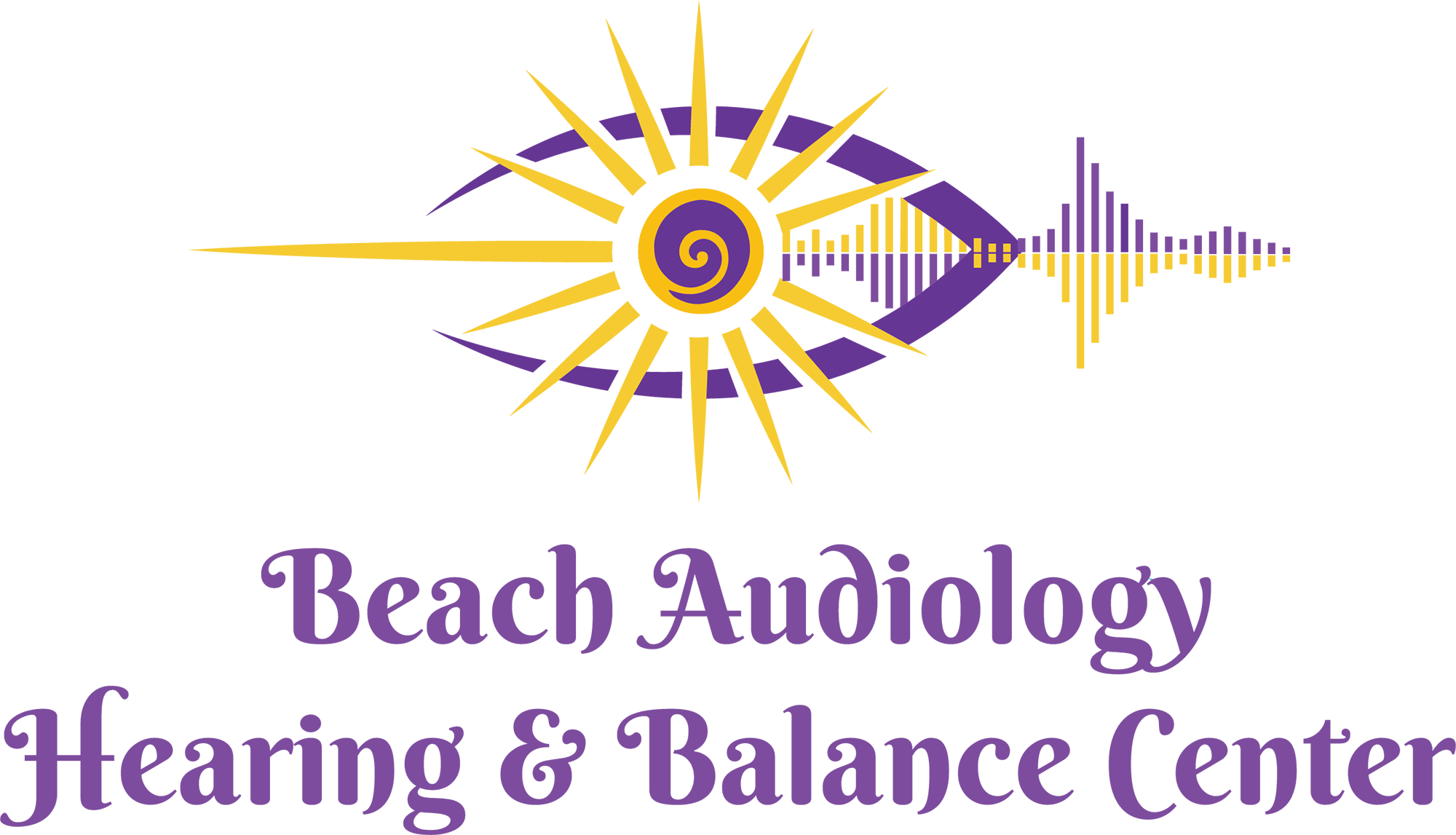Proper ear hygiene is an important part of maintaining healthy ears and preventing complications such as ear infections and impacted earwax. While many people are aware of the importance of regular vision and dental care, the significance of ear hygiene is often overlooked.
Let’s take a closer look at the dos and don’ts of ear cleaning, including the best practices, tools, and safety measures for maintaining clean and healthy ears.
Understanding the Ear’s Self-Cleaning Mechanism
The ear is designed to be self-cleaning, as it naturally expels excess earwax and debris via a process called epithelial migration. Over time, ear wax dries out and moves up the ear canal toward the ear opening. As you chew and talk, the ear wax can slowly move up the ear canal and eventually fall out of the ear. However, excessive cleaning of the ears, particularly with cotton swabs or other tools, can disrupt this natural process and lead to complications such as impacted earwax or damage to the ear canal.
When to Clean Your Ears
Contrary to popular belief, the ear generally does not require frequent cleaning. The self-cleaning mechanism is usually enough to maintain ear hygiene. But there are instances when ear cleaning may be necessary.
For individuals prone to excessive earwax buildup or those who wear hearing aids or earplugs regularly, periodic ear cleaning may be beneficial. If you experience symptoms such as ear pain, itching, a feeling of fullness in the ear, or hearing difficulties, consult a healthcare professional before attempting to clean your ears.
Best Practices for Ear Cleaning
When it comes to ear cleaning, you’ll want to use gentle and safe methods to avoid causing harm to the delicate structures of the ear. Here are some best practices for cleaning your ears:
- Avoid Using Cotton Swabs: Cotton swabs are not an ideal tool for cleaning the ear canal! They can push earwax deeper into the ear canal, leading to impacted earwax or potential damage to the eardrum. Do not use cotton swabs or Q-tips to clean your ears.
- Use Ear Drops: Over-the-counter ear drops can be used to soften earwax, making it easier for the wax to move out of the ear naturally. Consult with a healthcare professional before using any ear drops to make sure they are suitable for your specific needs.
- Rinsing with Warm Water: Gently rinsing the ear canal with warm water while tilting your head to the side can help remove excess earwax. You may use a rubber bulb syringe from a special ear irrigation kit for this purpose. Avoid using forceful streams of water, as this can cause damage to the eardrum.
- Seek Professional Help: If you experience persistent earwax buildup, discomfort, or reduced hearing, seek professional assistance from a healthcare provider. They can safely remove impacted earwax using specialized tools and techniques.
Safety Precautions for Ear Cleaning
When cleaning your ears, exercise caution and follow these safety precautions to prevent injury or damage. Here are some important safety measures to keep in mind:
- Avoid Inserting Objects into the Ear Canal: Refrain from inserting objects such as cotton swabs, bobby pins, or other small items into your ear, as this can lead to injury, earwax impaction, or even perforate the eardrum.
- Be Gentle: When using ear drops or performing ear irrigation, be gentle and avoid exerting excessive pressure on the ear canal. Sudden movements or forceful actions can lead to injury or discomfort.
- Know Your Limits: While gentle home-based ear cleaning methods can be effective for some individuals, it is important to recognize when professional intervention is necessary. If you encounter any difficulties or experience discomfort during the ear cleaning process, seek guidance from a hearing care professional.
Visit Us For Safe Ear Wax Removal
Maintaining proper ear hygiene can help you boost your hearing health. Use safe and gentle cleaning practices to clean your ears, and seek professional support if needed. Remember, the ears are delicate structures that require careful attention and maintenance.
By following the guidelines outlined in this guide, you can improve your ear hygiene and prevent potential complications. For more support or to safely remove earwax, visit us today.

